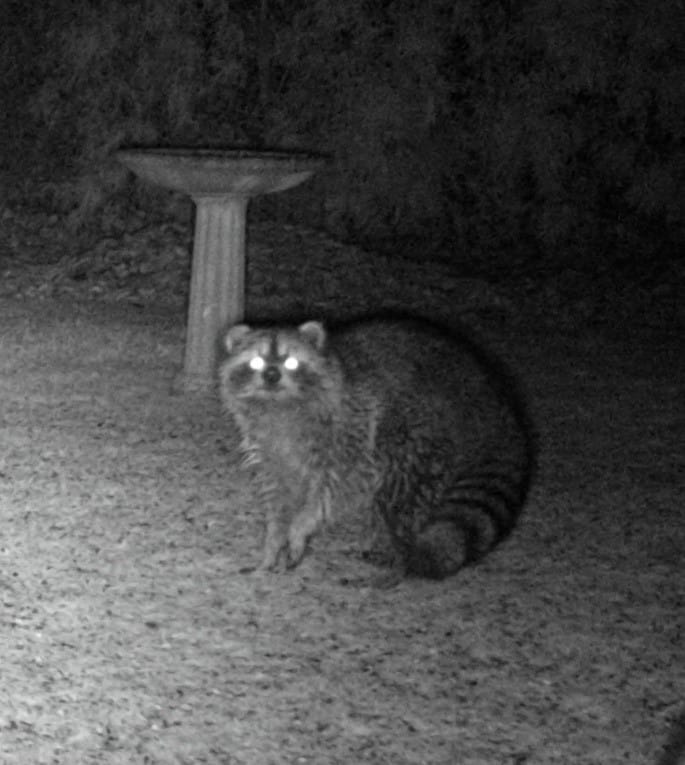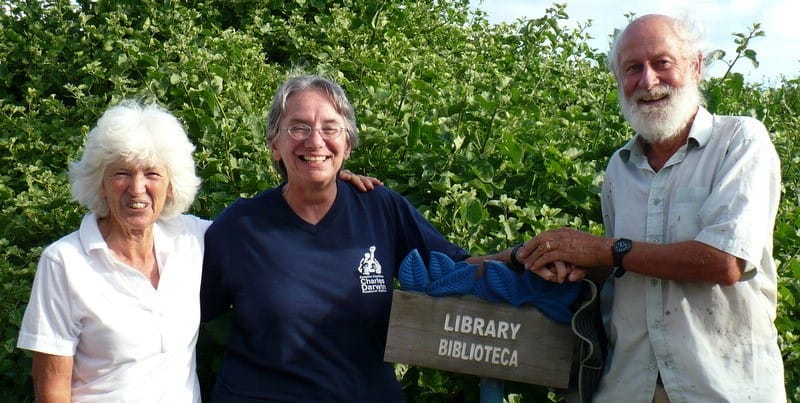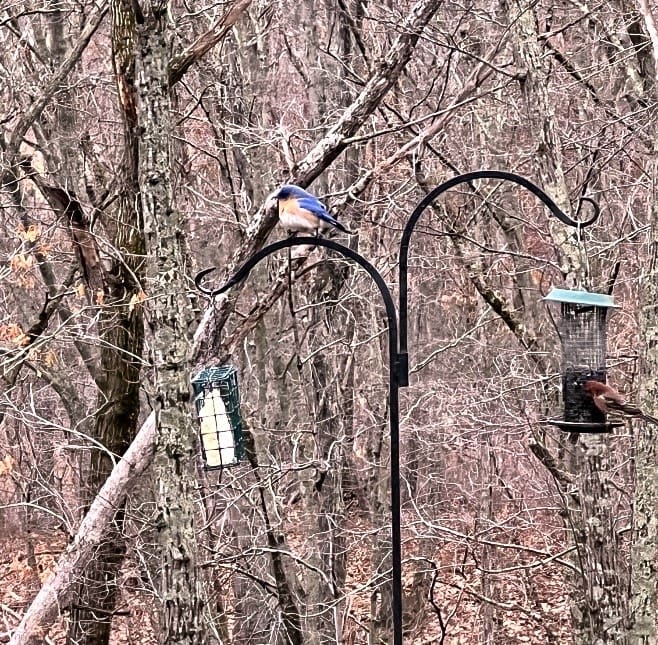by George Jacobi
I’ve had the Courant delivered forever. I walk joyfully out to the mailbox at dawn, rain or snow notwithstanding, to greet the new day with its birdsong and news. Yet I think it’s about over for me. I suspect you’d agree that without in-depth written reporting one is adrift on an ocean of more biased and slapdash forms of media. And it’s clear some fellow sailors have drowned already. But the service is erratic, the cost is prohibitive, and the product’s value has shrunk. The new environment of e-news is forcing me to either conform or do without.

Change
can
sometimes
cause
acute
discomfort.
If forced to objectively observe myself, I’ll admit I’m usually averse to it. On the flip side, my wife Kris broke down and got a smart phone a few weeks ago. First cell phone for her EVER. “I don’t like phones. I just don’t like to talk on the phone” is still her de facto response to incredulous questioners. But she has habituated quickly to the rest of its features (far faster than I), to the point where someone said she’s passed her Evolution Test.
Like Galapagos finches, faced with deluge or drought, we’re adapting. Can we, forced by environmental upheaval, effectively realign our behavior? Might it lead to reprinting of actual genetic traits, and will those be favorable for long-term survival? If my own beak doesn’t adjust to this current news forage base, well, uh-oh…
Peter and Rosemary Grant are revered names to some folks. To simplify for others, they studied Darwin’s medium ground finches on the tiny volcanic island of Daphne Major in the Galapagos for 40 years. Yes, forty years. There was a severe drought in 1977. Finches with smaller beaks died. Those with minimally larger beaks were able to switch their diet to larger, tougher seeds and lived. They adapted. By 1978 the average size of beaks for the whole population had grown. Natural selection in two years, visible, quantifiable.
Even better: continued research led the Grants to determine that later a stray cactus finch from another island stayed and mated with a Daphne medium ground finch. Their hybrid offspring still survive, a genuine, successful new lineage. Darwin’s theory of evolution became real and happened not in eons – but in a human lifetime. Extraordinary (Kris says it was like meeting Elvis).

There’s a bluebird family rendezvous now at my bird feeders. Six bluebirds spend an hour, mostly working the ground just as the juncos and sparrows do. That’s where the species hunts during the rest of the year, their sharp eyesight finding them insects from a high perch. Today most take turns dancing in agitation around the suet and sunflower seed feeders. One is a grad student in winter cafeteria manners; it has learned to be comfortable with competition, land on the suet cage, lean over, and help itself, rather than foraging for leftovers in the snow. A robin which was here for weeks in early winter did the same thing. Thrushes both – behavioral adaptation in progress?


Peterson noted winter resident robins and bluebirds in Connecticut as early as 1980; did those avians snack at feeders? Was anybody watching? And does the epidemic of invasive bittersweet with winter berries encourage their northward wintering? Gymnastic woodpeckers and nuthatches have different feet from perching/walking birds. Might thrushes someday evolve new toes? New beaks? I know little, but on a lazy, late winter day questions come to mind.
Things are happening faster now in our eastern CT ecosystem. Hidden in plain sight, animals and plants are scrambling to pass the climate change test. Even forests are on the move. Evolution is tough for all of us. Some will run. Some will die. Some will adapt and perhaps become new species. Answers a’comin’ in the by and by.
Raccoon photo courtesy of Pat Miller
Great blog post… interesting questions to ponder. I’m not sure that I am glad that Kris gave in to the idea of a smart phone, but I hope it works out for her.
Wow, I enjoy your blogs so much. These are questions I’ve pondered myself while watching our feeder, too.
And it is wonderful to see Kris! I’m guessing she adapted to smartphones so quickly because they are now tiny computers, and she sure has experience with those!